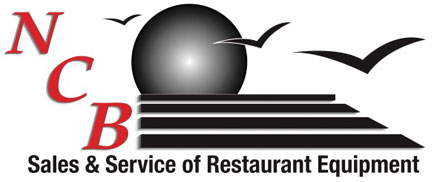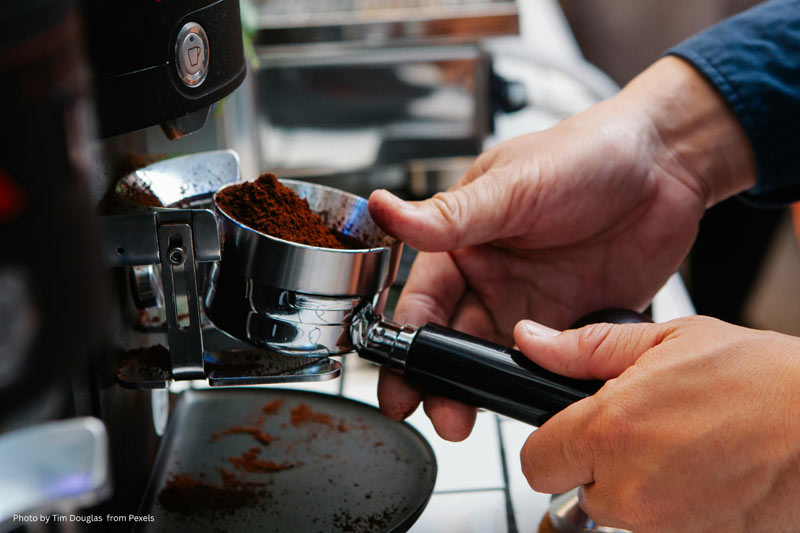For many coffee lovers, an espresso machine isn’t just an appliance—it’s the heart of their morning routine. Whether at home or in a café, a reliable machine ensures every shot is smooth, flavorful, and consistent. But even the best equipment requires care, and without it, breakdowns and costly espresso machine repairs are inevitable.
The good news? With consistent maintenance and the right troubleshooting steps, you can avoid most issues. This guide explores the five most common espresso machine problems, their causes, and proven ways to prevent them—helping you protect your investment and keep your daily coffee ritual stress-free.
Why Espresso Machine Maintenance Matters
An espresso machine is a complex system of pumps, valves, boilers, grinders, and seals working in harmony. When even one component falters, the quality of your coffee suffers. Neglecting routine care often leads to:
- Higher repair costs
- Inconsistent brew quality
- Shortened machine lifespan
- Unnecessary downtime (a nightmare for cafés and restaurants)
By performing regular espresso machine maintenance, you can keep your equipment in peak condition, extend its longevity, and save hundreds—sometimes thousands—on future repairs.
1. Clogged Brew Group
The brew group is where water meets coffee grounds, making it one of the hardest-working components in any espresso machine. Over time, oils, fines, and coffee residues accumulate, clogging the system.
Signs of a clogged brew group include:
- Slow espresso extraction
- Weak or bitter flavor
- Uneven water flow
Prevention Tips:
- Clean the brew group after every 300 shots or follow your manufacturer’s instructions.
- Use cleaning tablets or solutions designed for espresso machines.
- Backflush regularly (for machines that support it) to clear oils and buildup.
A clean brew group not only prevents repairs but also ensures your espresso tastes as rich and balanced as it should.
2. Water Supply Issues
Espresso machines rely on consistent water flow and quality. A clogged water filter, scale buildup, or low water pressure can disrupt brewing.
Warning signs of water supply issues:
- Machine fails to deliver hot water or steam
- Slow espresso extraction
- Error codes (on digital machines)
Prevention Tips:
- Replace water filters every 2–3 months, or more frequently in areas with hard water.
- Use filtered or softened water to reduce scale buildup.
- Inspect connections and hoses for blockages or kinks.
Pro tip: If your café serves high volumes of coffee, consider a dedicated water filtration system to protect your espresso machine from mineral damage.
3. Leaks and Drips
Leaks are among the most common espresso machine repairs, often caused by worn gaskets, cracked hoses, or loose connections. Left unaddressed, leaks can damage internal electronics or lead to expensive part replacements.
Signs of leaks include:
- Water pooling under the machine
- Steam escaping from seals
- Drips around the portafilter or boiler area
Prevention Tips:
- Inspect and replace gaskets annually (or sooner with heavy use).
- Check drip trays and connections weekly for moisture.
- Schedule professional servicing every 6–12 months to identify hidden leaks early.
Think of gaskets and seals like car tires—they wear down naturally and need replacement before failure causes bigger problems.
4. Improper Temperature Control
Espresso depends on precision. Too hot, and you’ll scorch the coffee; too cool, and extraction suffers. Temperature fluctuations usually point to thermoblock, boiler, or sensor issues.
Symptoms of poor temperature control:
- Bitter or sour espresso
- Inconsistent shot quality
- Visible fluctuations on a digital display
Prevention Tips:
- Regularly calibrate your machine’s thermostat.
- Test water temperature with a food thermometer—ideal brewing range is 195°F–205°F (90°C–96°C).
- Descale your machine to prevent mineral buildup that interferes with heating elements.
Maintaining consistent heat is one of the most critical steps in espresso machine care.
5. Grinder Problems
A grinder is just as vital as the espresso machine itself. A clogged or misaligned grinder produces inconsistent grounds, directly affecting flavor and extraction.
Signs of grinder issues include:
- Uneven grind size
- Espresso that tastes weak or overly bitter
- Strange noises during grinding
Prevention Tips:
- Clean regularly: Coffee oils turn rancid and cause clogs if ignored.
- Check burr alignment: Misalignment leads to uneven grind distribution.
- Replace burrs: Worn burrs reduce efficiency and consistency—replace them every 6–12 months, depending on usage.
A well-maintained grinder ensures every shot is balanced and flavorful.
Professional Espresso Machine Repairs: When DIY Isn’t Enough
While routine cleaning and maintenance can prevent most issues, professional servicing is sometimes unavoidable. Common repairs that require a trained technician include:
- Boiler replacement
- Electronic board malfunctions
- Pump or motor failures
- Advanced leak detection
Attempting these repairs without training risks damaging the machine further or voiding the warranty. That’s why many café owners and home baristas rely on factory-trained espresso machine repair specialists.
Extend the Life of Your Espresso Machine
The key to avoiding frequent espresso machine repairs is a mix of daily care, scheduled maintenance, and professional servicing. By adopting these habits, you’ll:
- Save money on costly replacements
- Protect flavor quality
- Reduce downtime in commercial settings
- Get the most value from your machine
At NCB Sales, our expert technicians specialize in diagnosing and fixing everything from minor leaks to full-scale overhauls. We provide fast, reliable service to keep your machine running like new.
Final Thoughts
A broken espresso machine can disrupt more than your morning—it can cost time, money, and peace of mind. By understanding the most common problems and taking preventive steps, you’ll protect your machine, enjoy better-tasting coffee, and extend the lifespan of your investment.
Whether you need espresso machine repair, grinder servicing, or preventative maintenance, our team is here to help. Contact NCB Sales today to schedule your service and keep your espresso routine running strong.



